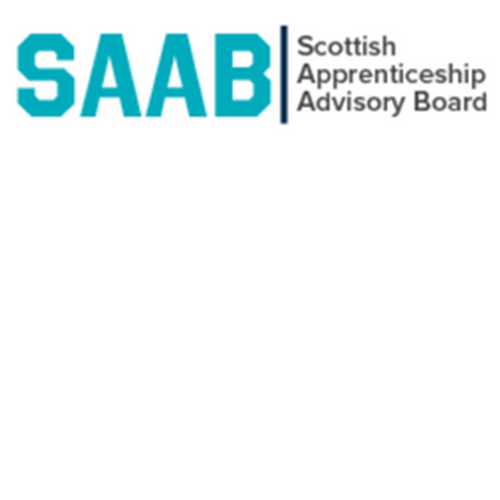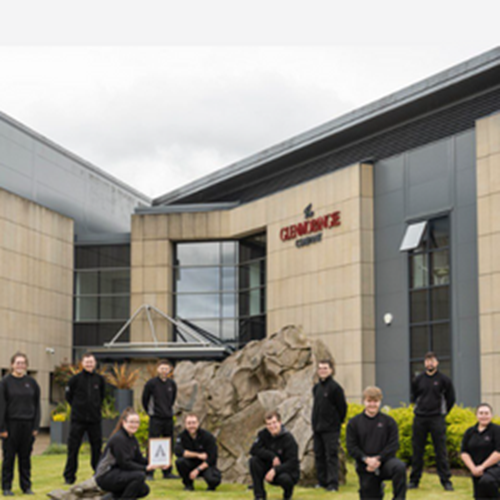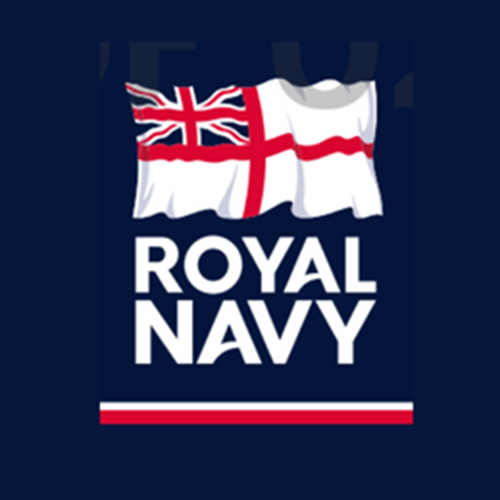Case studies
The Gender Commission report includes case studies from a organisations who have been successful in breaking down gender barriers through a proactive approach. These case studies, highlight some examples of good practice which can be replicated by other organisations.


Gender stereotyping limits future opportunities for children, and it starts early. Now a number of initiatives are helping early years settings promote equality and redress the balance.
In Glasgow, the Gender Friendly Nursery (GFN) project provides training, resources and support for staff to help reduce gender stereotyping, and to understand the harms associated with gender inequality. Meanwhile, Education Scotland’s Improving Gender Balance & Equalities (IGBE) programme has focused on addressing the underlying causes of gender imbalance in some subjects and learner pathways, including science, technology, engineering and maths (STEM). IGBE supports practitioners in addressing stereotypes and exploring their own unconscious bias.
Shaw Mhor Early Years Centre on Glasgow’s Southside has worked with both programmes, piloting IGBE’s Whole Setting Approach to achieving gender balance while simultaneously following a proactive and consistent programme of action based on the Gender Friendly Nursery 10 Point Plan.
Training addresses staff attitudes, awareness and language, the environment, management practices, engagement with families, and resources including books, games and toys. Actions range from simple choices - like varying pronouns in nursery rhymes - to more complex interventions, such as managing the environment so a full range of skills can be developed in all areas of the nursery. Activity is monitored so staff can see which children are accessing which activities and how often, and the data is used to make sure each child gets the chance to develop a full range of skills. Staff use online sharing to maintain conversations with families, raising issues of equality and opportunity with parents who might otherwise - perhaps unwittingly - contribute to stereotyping.
Key to the IGBE programme’s success has been getting buy-in from senior leadership and identifying lead practitioners who’ve been able to ‘own’ the activity. New staff are ‘buddied’ by those who’ve already had training, and refresher courses are available for all.
Of course, children in early years settings have some years to go before they begin choosing subjects and possible careers. However, early experience and environment can have a significant impact on future choices, and it’s very encouraging that all the children at Shaw Mhor have been able to experience the full range of relevant skills and activities, no matter where they learn and play. There’s also been a big uptake in engagement from parents around gender friendly practice.

For some companies, diversity isn’t only about social responsibility and fairness. For some it is also essential for the continuity of the business.
Glenmorangie is one of Scotland’s best known malt whiskies, producing about 10 million bottles a year. Along with its stablemate, Ardbeg, it is bottled in Livingston, West Lothian, where many of the 120 or so staff are approaching retirement. With training and knowledge transfer typically taking at least two years, recruitment and retention of the next generation is critical.
In 2019 the company began an apprenticeship programme, recruiting a mix of school leavers and people with experience in other industries. Despite the Covid pandemic - which meant initial interviews were online - a new cohort of eight were taken on in 2020.
This intake is more diverse, including more women and a wider range of ages and educational backgrounds. Applications were processed with anonymised CVs, and recruiters looked for attitude and potential rather than just relevant experience. Kerryanne Joyce, lead Training and Development Specialist at the plant, says “the business undoubtedly benefits from more diverse recruitment.”
Back in the Highlands, the Glenmorangie distillery is actively recruiting women. “The traditional career path led from the warehouse into production, and that favoured men” says Senior HR Advisor Lindsey Danks. “We’re now reaching out to a wider potential workforce and encouraging a more diverse group to apply.”
Support for all new parents, regardless of sexual orientation or how they have become a parent, now includes equal parental leave of up to a year, including six months full pay, as well as parental-leave education material for employees and line managers. Other developments include disability-positive recruitment practices and training, and unconscious bias training for the entire company.
Glenmorangie is part of the global LVMH group, which has long championed inclusive policies. In Britain LVMH is developing a wide range of support including retirement planning, menopause support, training for mental health first-aiders in the workplace and establishing a LGBTQIA+ network.

The Royal Navy was operating submarines for over a hundred years before women were accepted as crew, but now a growing number of female submariners are serving - and ‘getting on with it’, to quote Lt. Izzy Rawlinson, who has served in a number of submarines.
Women have sailed in RN surface vessels since 1990, but a ban persisted in submarines for a further two decades. This was in part due to fears that submarine atmosphere, healthy for adults, might harm an unborn child. To counter this, half of the Navy’s submarines now have contained atmosphere facilities to protect a pregnant woman on board, with plans in place to equip the whole fleet. To date these have not been used. A more straightforward problem has been the effective allocation of quarters, as personal space is at a premium for every one of the around 160 people on board, who potentially spend many months in a highly confined space.
Accepting and welcoming women has gone hand-in-hand with a wider cultural evolution within the Royal Navy, according to Commanding Officer, Cdr Mark Walker. “When we opened the submarine service to women the planning decisions were still largely taken by men, and there were a few false starts. Once we started to actually listen to women, we began to get it right. Our female volunteers are of an exceptional calibre, and we’re a more effective fighting force because of their inclusion.”
Positive initiatives include the Naval Servicewomen’s Network, which works to provide an open environment for sharing experience and opinions. With a growing cadre rising through the ranks - the first female admiral, Jude Terry, was appointed this year - and by being more inclusive at all levels, the Navy is harnessing a rich diversity of thought which will help to shape the future service.
Izzy Rawlinson joined with a degree in materials engineering and has been in submarines for four years, with about 400 days spent below the surface so far. She says she’s never felt intimidated or patronised due to her gender. “You can’t expect everything to change overnight but, in my experience, women are treated very much as equals, and judged on their abilities. Everyone’s just expected to get on with the job.”